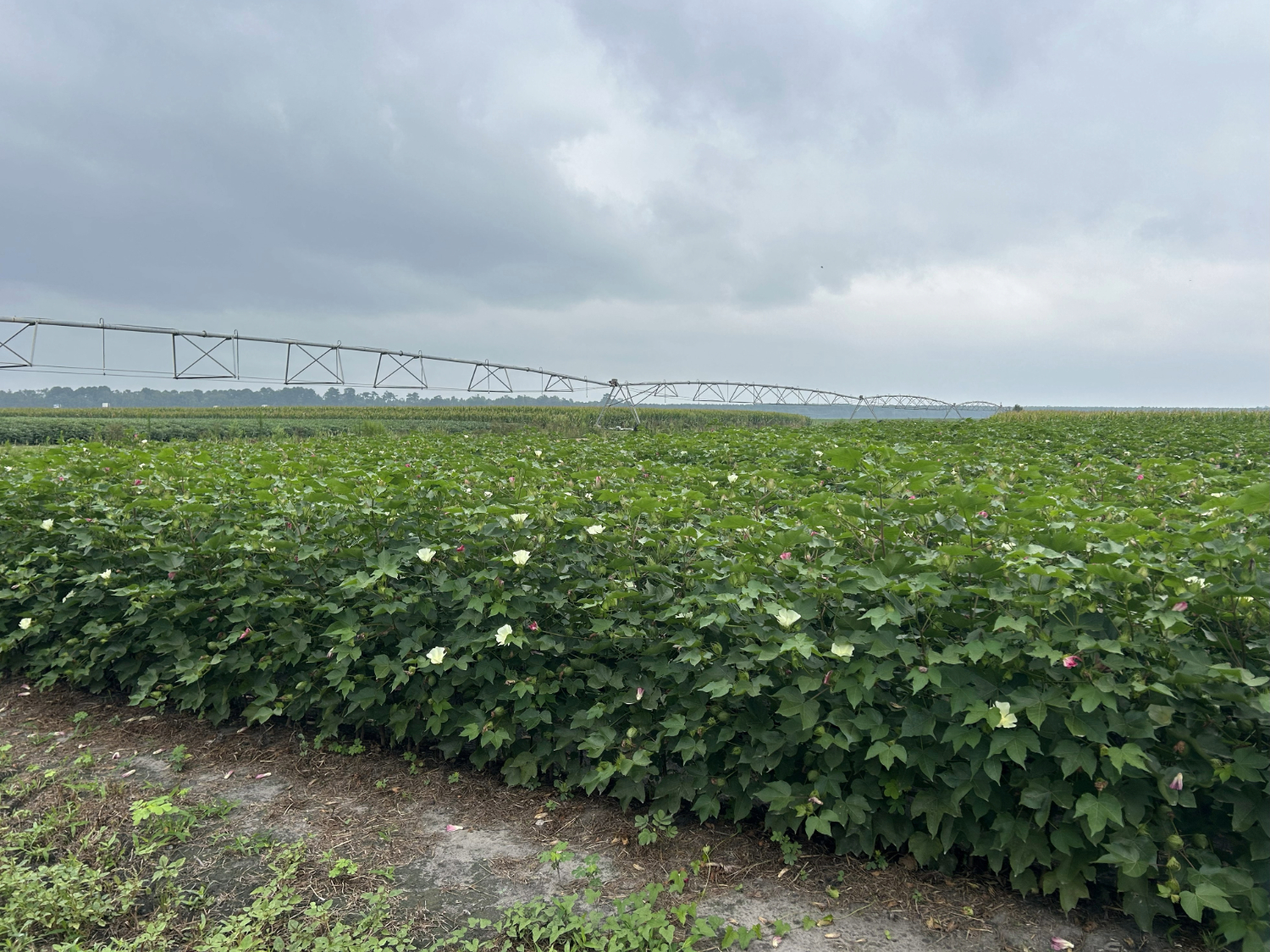Courses
Fall 2025
- AI Literacy in Agriculture (DSA 595, 1 hr) – This new course will be taught by Dr. David L. Roberts, Associate Professor of Computer Science. During the course student teams will begin to select, interrogate, and interact with Ag-related AI models. Students will be asked to evaluate whether AI is necessary or appropriate for the projects they have selected, what the limitations of the type of AI are, and what biases may result from the use of AI. Thus, trainees will gain a solid foundation in bioanalytics and begin to apply those tools to a real-world problem.
- Capstone Project Seminar Course: Explorations of Plant Science Data (PB 795, 2 hr) – The Capstone Project Seminar course will feature faculty teams consisting of basic and applied plant scientists, computer scientists, and engineers from NC State and Fayetteville State University, who will present learning modules that highlight the basics of their research programs and a possible capstone project. Each project will aim to integrate AI with basic and applied plant science to help solve a grower-driven problem using fundamental and field biology. During this course, trainees will also self-select into groups of three (one basic plant scientist, one applied scientist, and one computer engineer) in order to craft a 2-year capstone project that aligns with grower needs they identified during the Summer Bridge Program. Groups will meet quarterly with faculty, one of whom must also serve on their graduate committee, to present their findings. In the final summer of their traineeship, students will return to Eastern NC to present their work to growers. Findings from these efforts will be included in a chapter of each student’s thesis, and potentially publications in NC Extension newsletters, blogs, or YouTube videos.
Spring 2026
- Statistical Methods for Researchers II (ST 512, 3 hr) – This course is intended to give students a background in the methods of statistical analysis that will assist them in conducting research and analyzing data. The topics cover covariance, multiple regression, curvilinear regression, concepts of experimental design, factorial experiments, confounded factorials, individual degrees of freedom and split-plot experiments. The course acts as a computing laboratory, addressing computational issues and use of statistical software.
Fall 2026
- Responsible AI and Society (DSA/ENG 787, 3 hr) – Another newly developed course, taught by co-PI Dr. Huiling Ding, which will explore the social science ethnography and landscape of the use of AI. Students will also explore what AI tools are currently being developed, the public perception of AI, farmer response and adaptation to AI, AI lenders and advertisements, and the ethical handling of farmer data and regulation. This course will also examine “black boxes” in AI tools, why and how they function, and possible ways to hold these tools accountable to all stakeholder groups.
Spring 2027
- Advanced Analytics to Agriculture, Food and Life Sciences Data (BAE 542, 3 hr) – Taught by Dr. Dani Jones, this course will introduce students to the rapidly growing field of data science and the applications of predictive modeling techniques for large-scale data in ag, food, and life sciences. It will equip students with techniques to access, explore, validate, prepare, manipulate, analyze and report on data.

Potential Capstone Projects
Below are example capstone projects crafted by GRAD-AID for Ag faculty teams focused on abiotic and biotic plant stressors that represent key challenges in the future of ag. The overall goal of the capstone project is to provide a training platform where students can master an assortment of skills needed for various aspects of stress mitigation in plants and where AI-based tools can provide an advantage over traditional modeling or statistical approaches. Actual projects will be developed in collaboration with student trainees and evolve during the traineeships to ensure they are involved in the full project life cycle.
Examples:
- Improving water use efficiency by understanding leaf stomata: Marcela Rojas-Pierce, Rubén Rellán Álvarez, Daniela Jones, Josh Gray
- Using synthetic biology to build plant biosensors: Anna Stepanova, Jose Alonso, Wusheng Liu, Cranos Williams, Rachel Vann
- Predicting molecular and physiological plant response to warmer nighttime temperatures (WNT) to increase crop resilience: Colleen Doherty, Mike Kudenov, Anna Locke
- Using AI to accurately assess and to predict disease levels and response: Peter Balint-Kurti, Peter Ojiambo, Joe Gage, Edgar Lobaton, Ross Sozzani, Sambit Bhattacharya
- Examining mechanisms of plant stress response in an ecological context: Christine Hawkes, Amy Grunden, Edgar Lobaton, Lieceng Zhu, Sambit Bhattacharya.